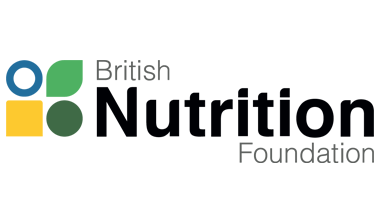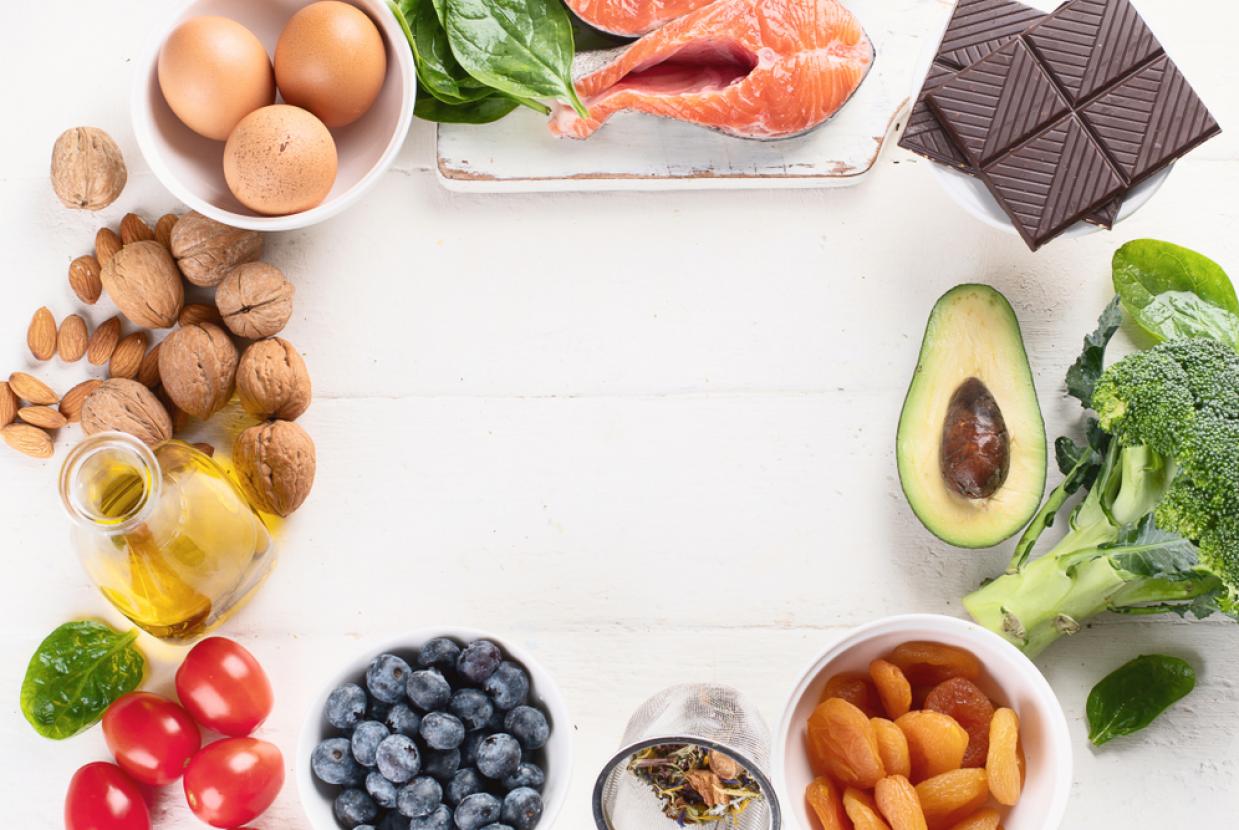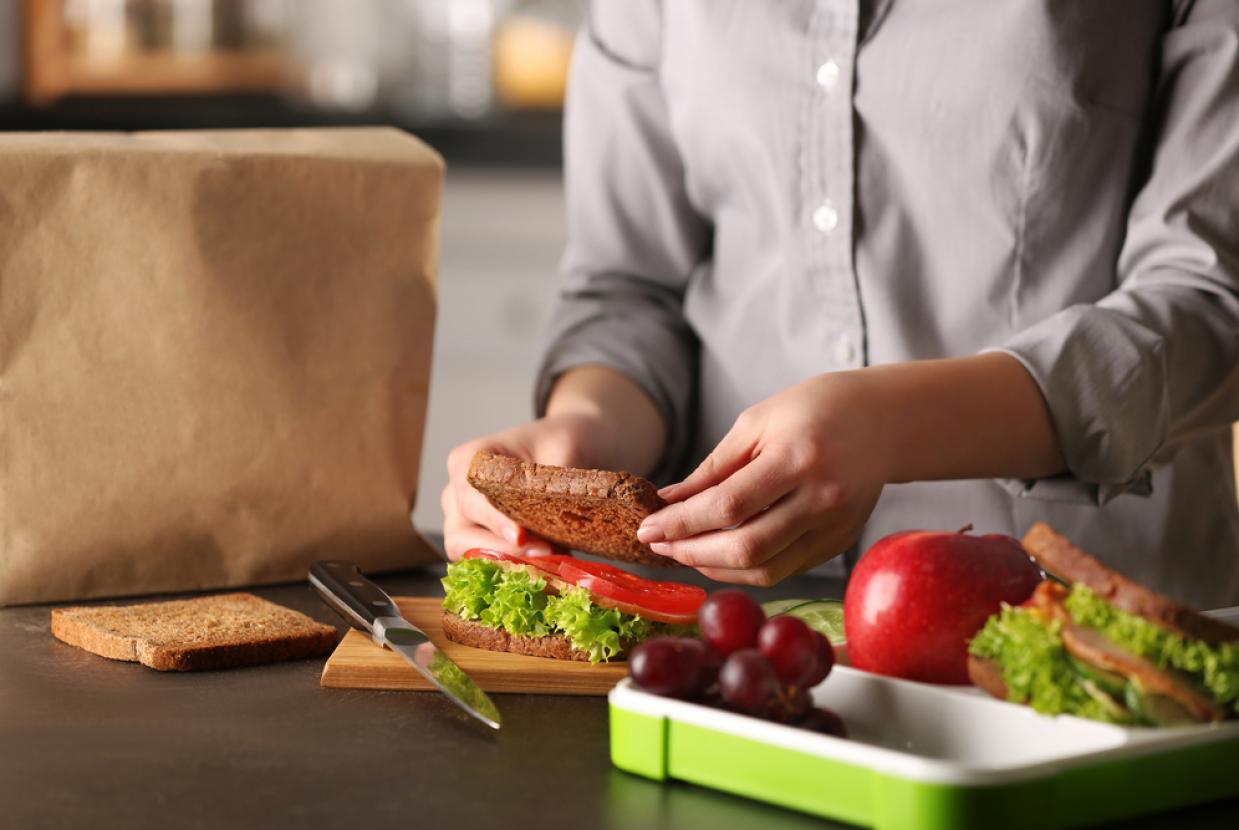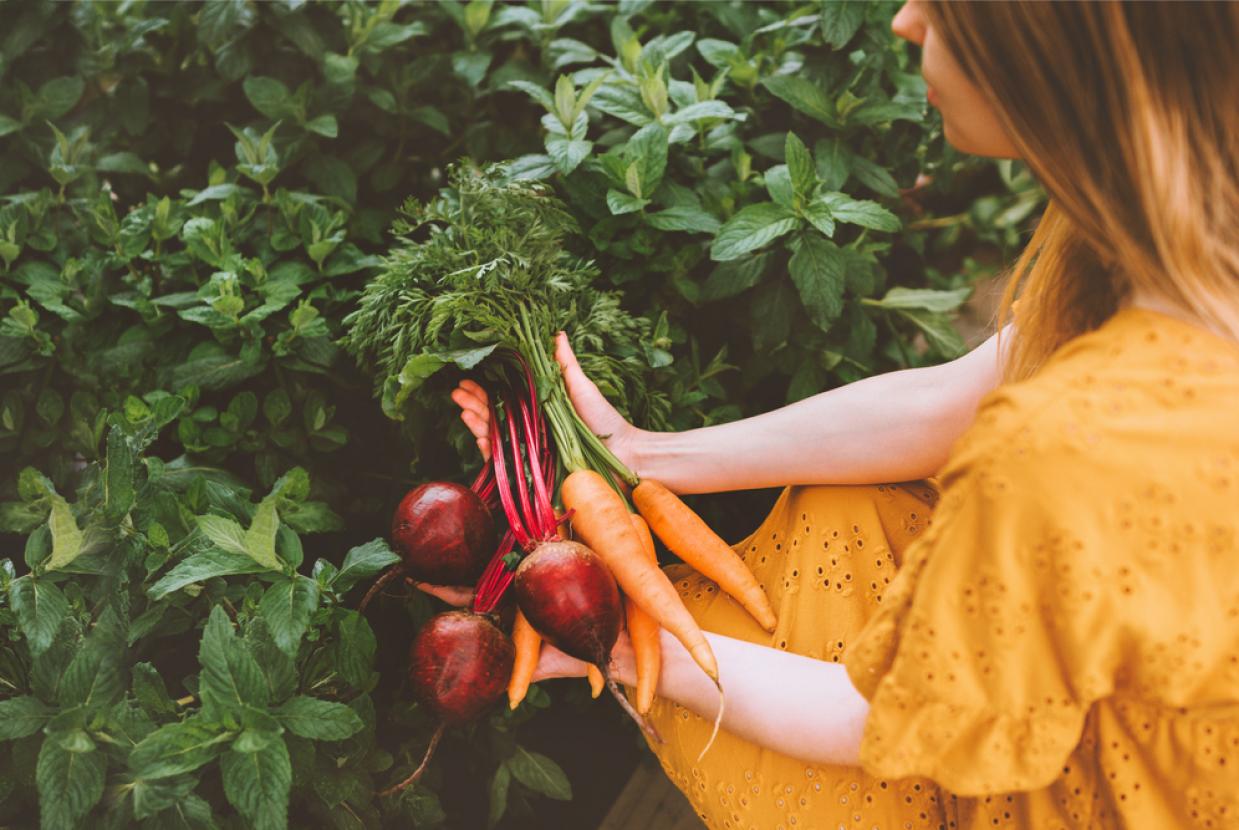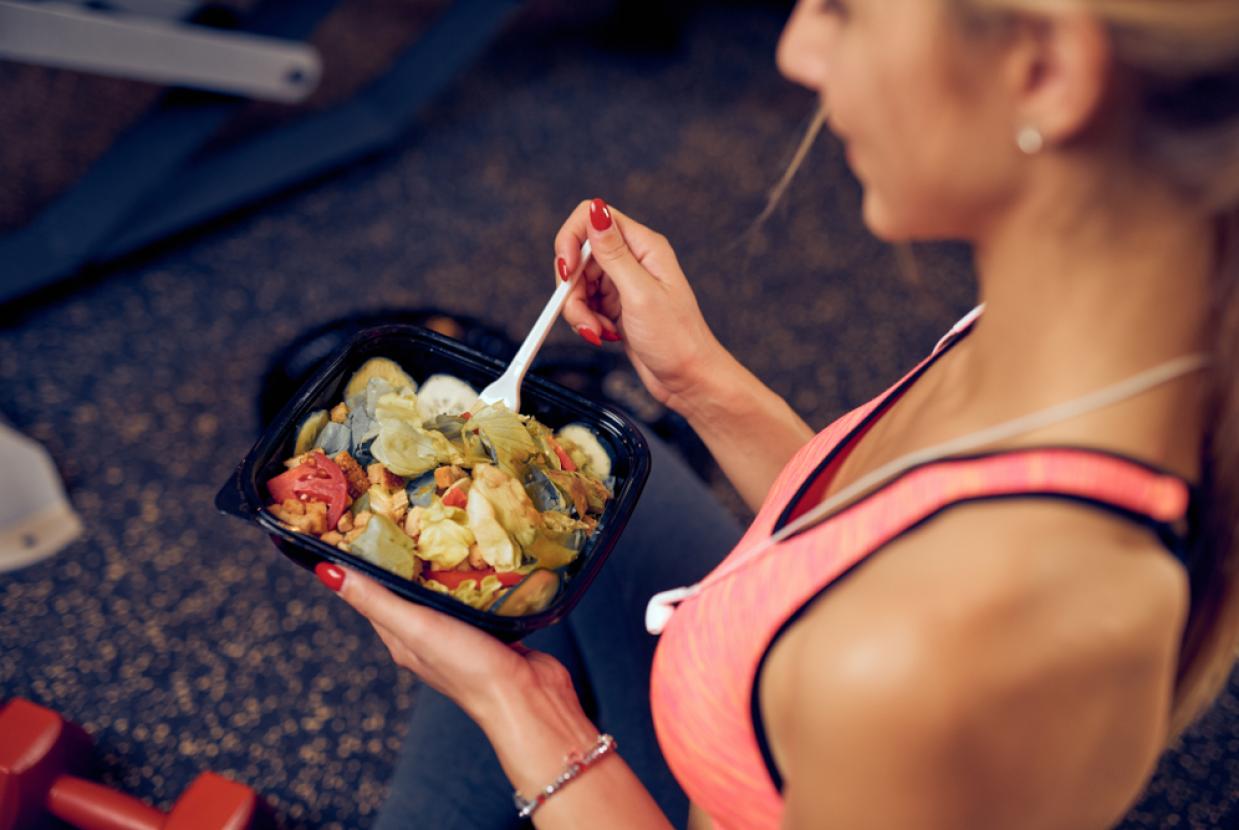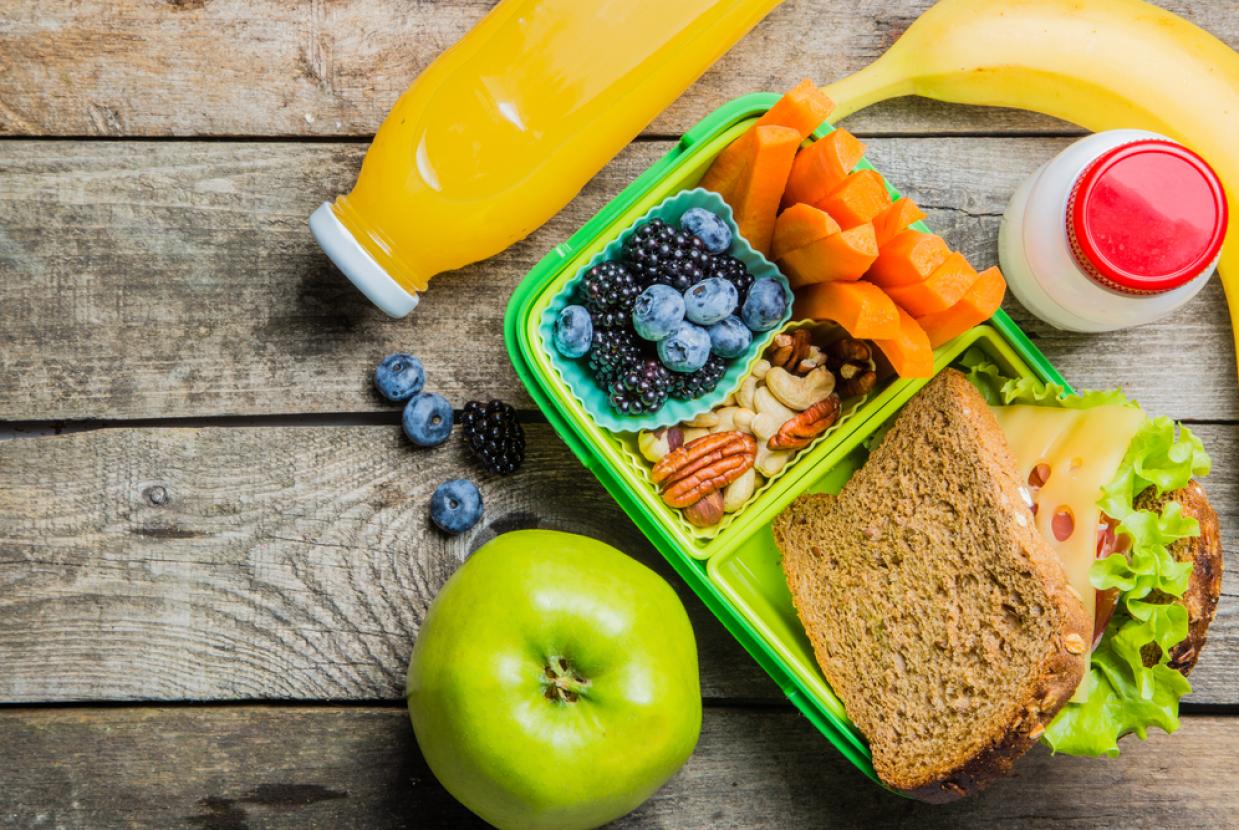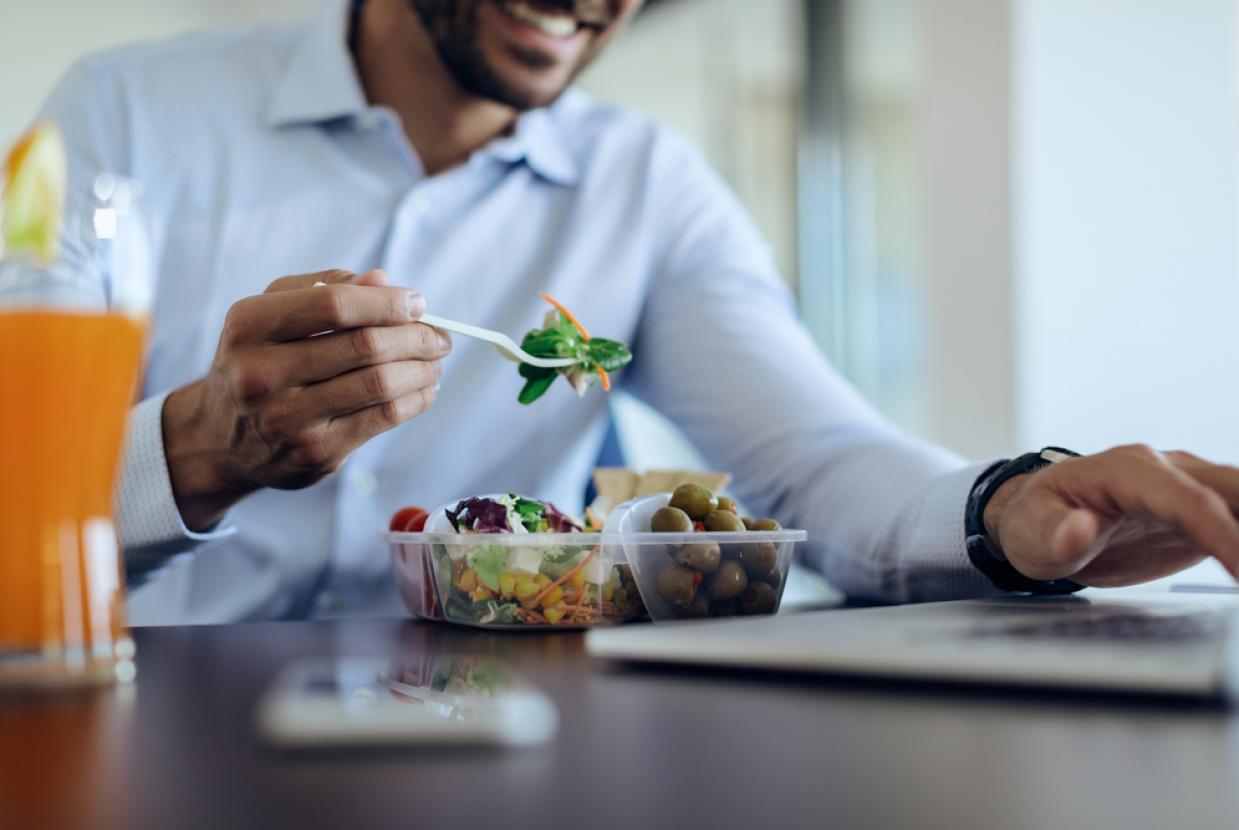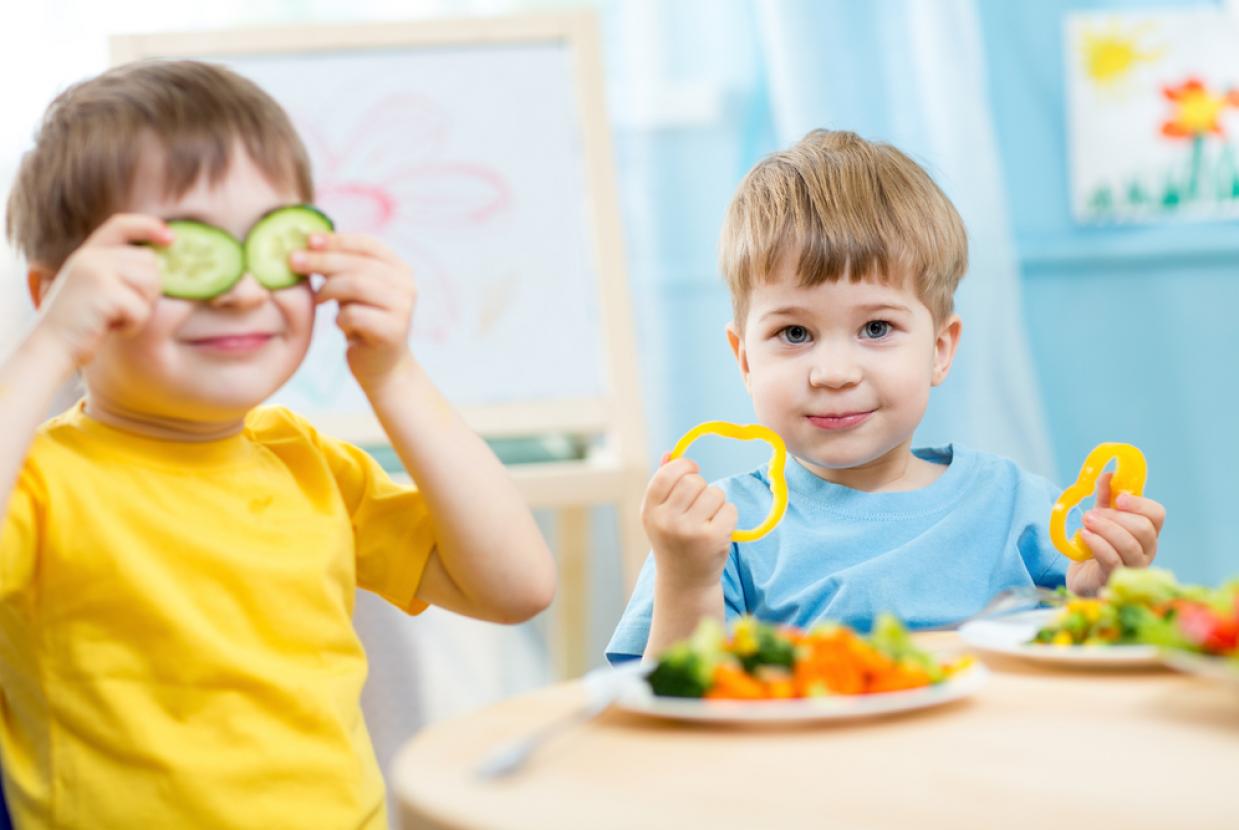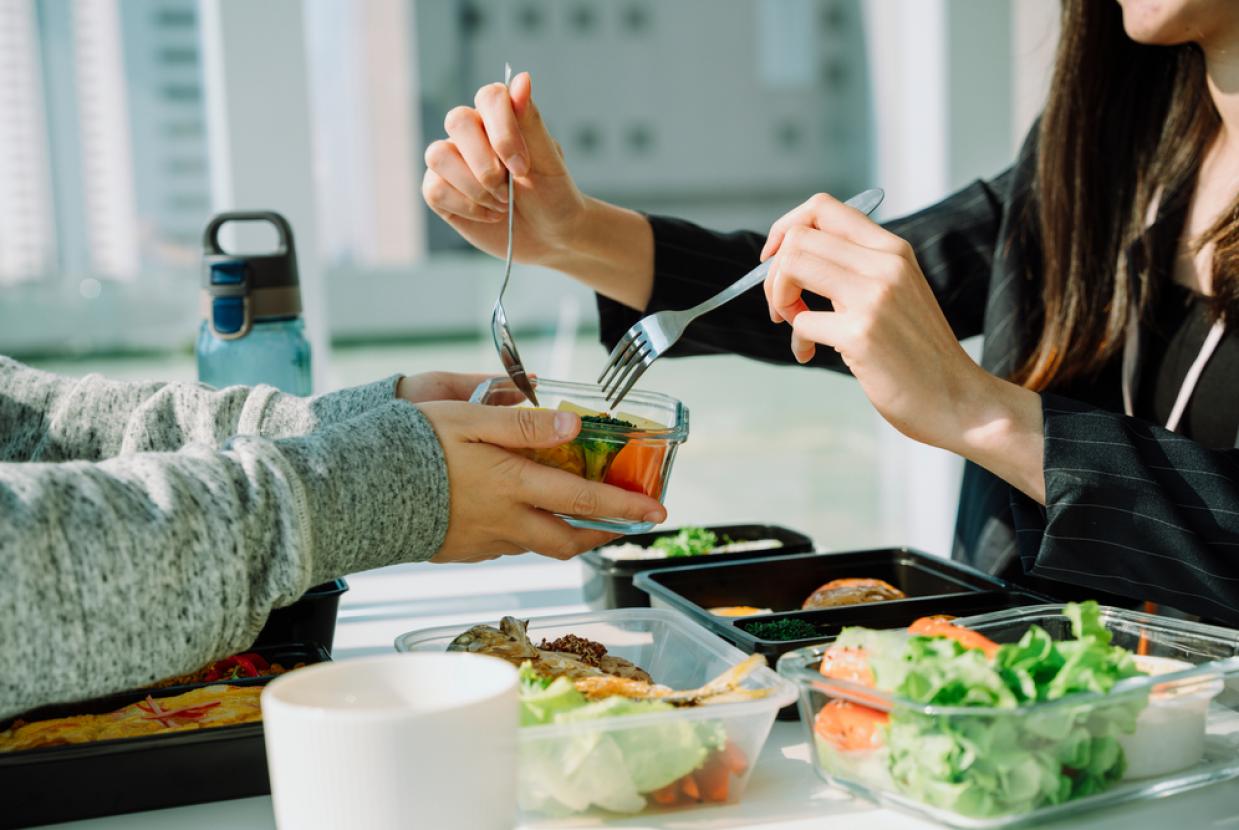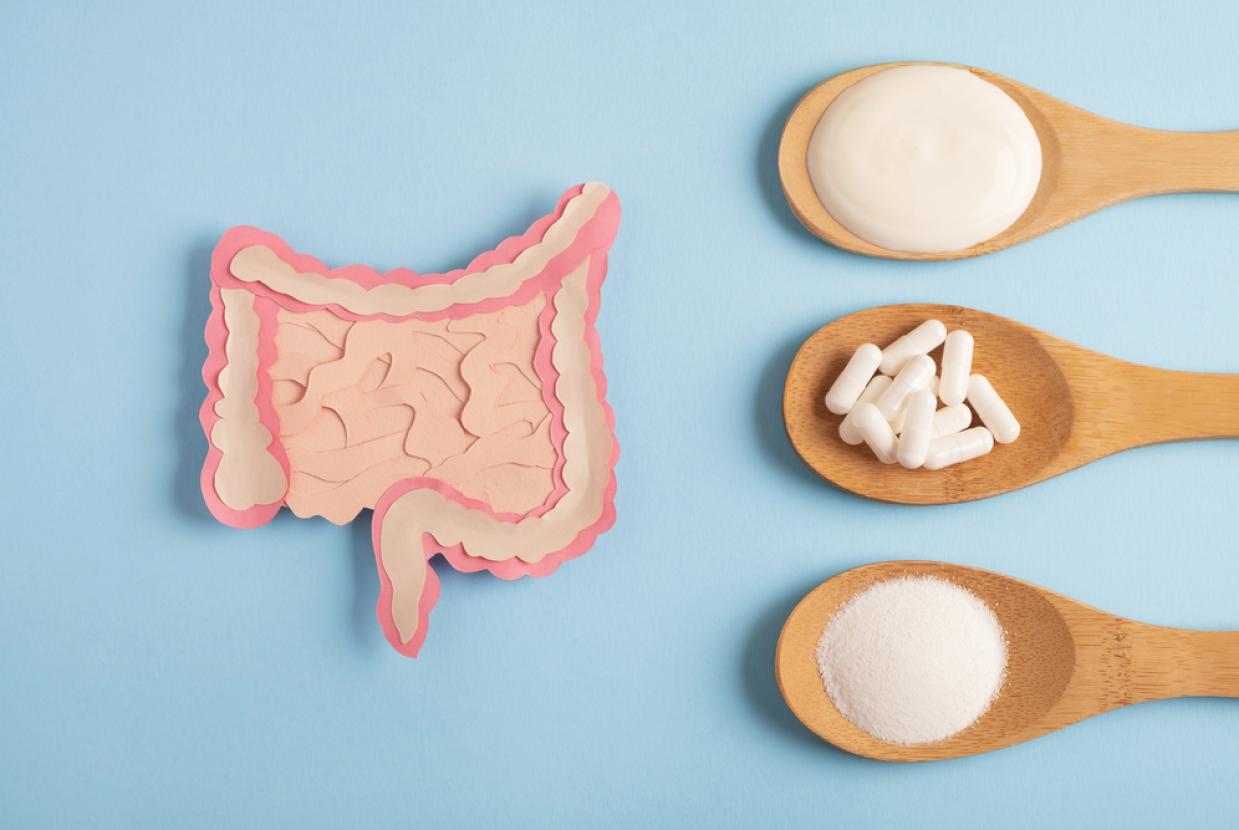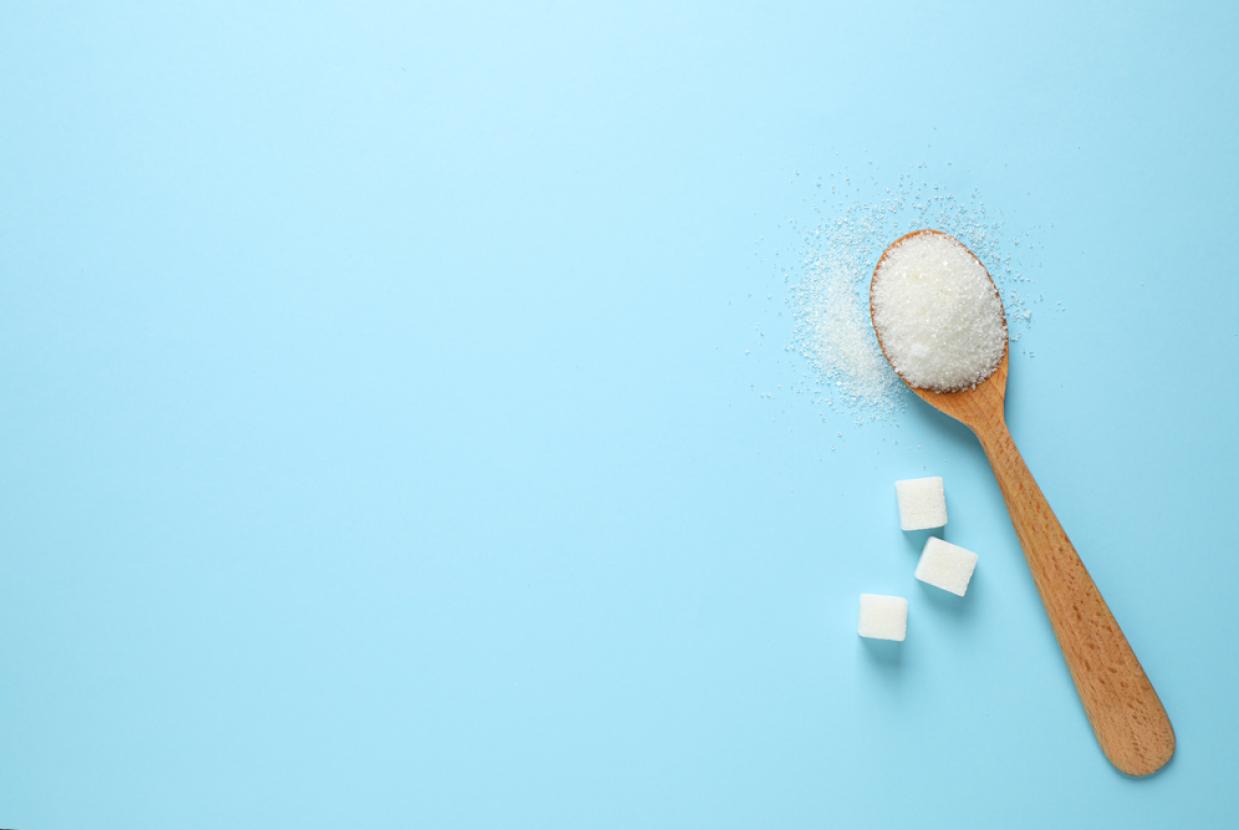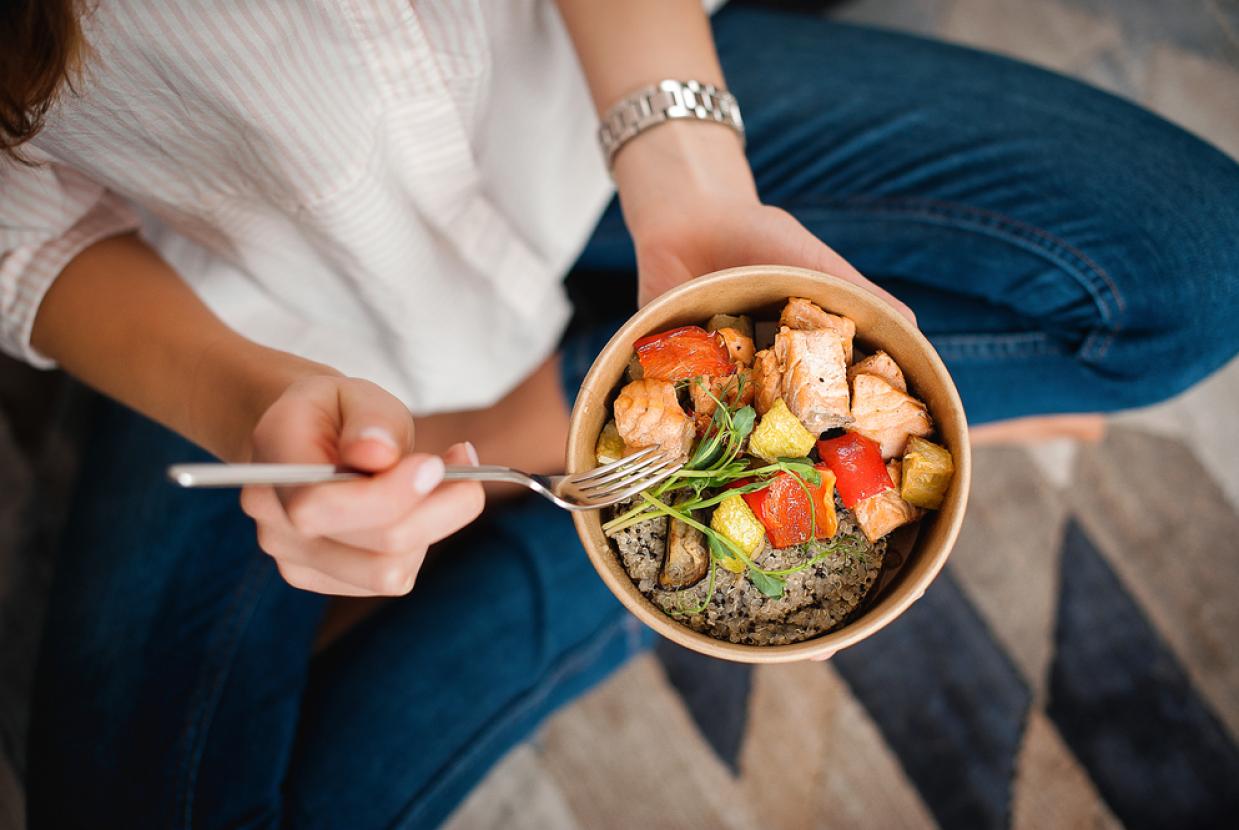Hydration
We aim to give people access to reliable science-based information to support anyone on their journey towards a healthy, sustainable diet. In this section you can read about the role of fluid in the body and healthy hydration.
Water is essential for life. It is the major component of body fluids and has many other biological roles including helping to regulate body temperature through sweating. Fluid balance in the body is carefully controlled by varying the concentration of urine and stimulating thirst.
The body loses water in urine and faeces as well as smaller amounts through the skin and lungs. If fluids are not consumed to replace water losses, then the body becomes dehydrated. Mild dehydration (1-2% bodyweight lost) can result in headaches, tiredness, lack of concentration and reduced athletic performance.
Fluid requirements vary between individuals depending on factors such as age, level of activity, and climate. In the UK, guidance is to drink 6-8 glasses of fluid per day (roughly 1.2 litres).
Fluid requirements for adults
UK Government advice on fluids is to consume 6-8 glasses per day (around 1.2 litres in total, which equates to 6 x 200ml glasses or 8 x 150ml glasses).
In 2010 the European Food Safety Authority (EFSA) published a Scientific Opinion on dietary reference values (DRVs) for water. These DRVs differ somewhat from UK recommendations (although it should be noted they include fluid from both foods and drinks – EFSA assume that 20% of fluid intake comes from food and 80% from drinks). Assuming a temperate climate and moderate physical activity levels, adequate intake values for those 14 years and up from EFSA’s report are as follows:
Population group | Adequate intake |
Adult and adolescent females aged 14 years and over | 2.0L/day |
Adult and adolescent males aged 14 years and over | 2.5L/day |
Pregnant women | As above for women of same age + 300ml |
Lactating (breastfeeding) women | As above for women of same age + 700 ml |
Those doing strenuous physical activity or living in hotter or more humid climates may need more than this.
Sources of fluid in the diet
Dietary water can come from drinks as well as from the water contained in foods, for example in fruit and vegetables, soups and stews. It is estimated that foods contribute to about 20% of total fluid intakes. A small amount of water is also produced via metabolism in the body.
Regarding drinks; squash, fruit juice, soft drinks, milk, dairy-free milk alternatives, plant-based drinks (such as coconut water, soy drinks) and tea and coffee can all count towards fluid intakes. Whilst caffeine acts as a mild diuretic (it increases urine output to a small extent), drinks that contain caffeine do contribute to fluid intakes under normal circumstances and studies have found that consuming moderate amounts of caffeine does not seem to affect hydration status (although pregnant women should limit caffeine intake to 200mg/day and babies and toddlers should not be given drinks containing caffeine).
Regularly consuming drinks high in energy and sugars (such as sugary drinks, fruit juices) may result in excess energy consumption, and can contribute to weight gain and tooth decay, as well as increasing risk of type 2 diabetes, so choosing low energy and low sugars versions where possible is recommended.
Free sugars in drinks
The effects of drinks containing free sugars were reviewed in the report Carbohydrates and Health published by the Scientific Advisory Committee on Nutrition (SACN) in 2015. On review of the evidence, SACN concluded that consumption of drinks containing sugars are associated with increased risk of type 2 diabetes and dental caries in observational studies. You can read the Carbohydrates and Health report on SACN's website.
Studies show that, compared with non-caloric drinks, the consumption of drinks containing sugars is associated with increased energy consumption in adults and with weight gain and BMI increases in children. SACN therefore recommended that the consumption of drinks containing sugars should be minimised as well as recommending a reduction in free sugars intakes from across the diet.
Policy actions to help reduce intakes have included a levy on drinks with added sugars that contain more than 5g total sugars per 100ml. Advice on fruit and vegetable juices and smoothies, which also contain ‘free sugars’, is to keep portion sizes to no more than 150ml per day.
Pure fruit and vegetable juices and smoothies still count towards the 5 A DAY target, as they can provide a variety of vitamins and minerals, but only as a maximum of 1 portion. Sugars-containing drinks currently contribute 10% to the daily energy intakes of adults (aged 19-64 years) and a higher amount (17%) to energy intakes of adolescents aged 11-18 years.
The mean consumption of sugar-sweetened soft drinks (g/day) decreased between 2008 and 2019 for all age groups in the UK by between 1% (adults 19-64 years) and 7% (children 1.5-3 years), although this change was not significant for adults aged 19-64 years and 75+ years. Over this 11-year period, the proportion of children consuming sugar-sweetened soft drinks also fell by 32 percentage points for those aged 1.5-3 years, 44 percentage points for 4-10 year-olds, 25 percentage points for 11-18 year-olds and by 20 percentage points for adults aged 19-64 years.



